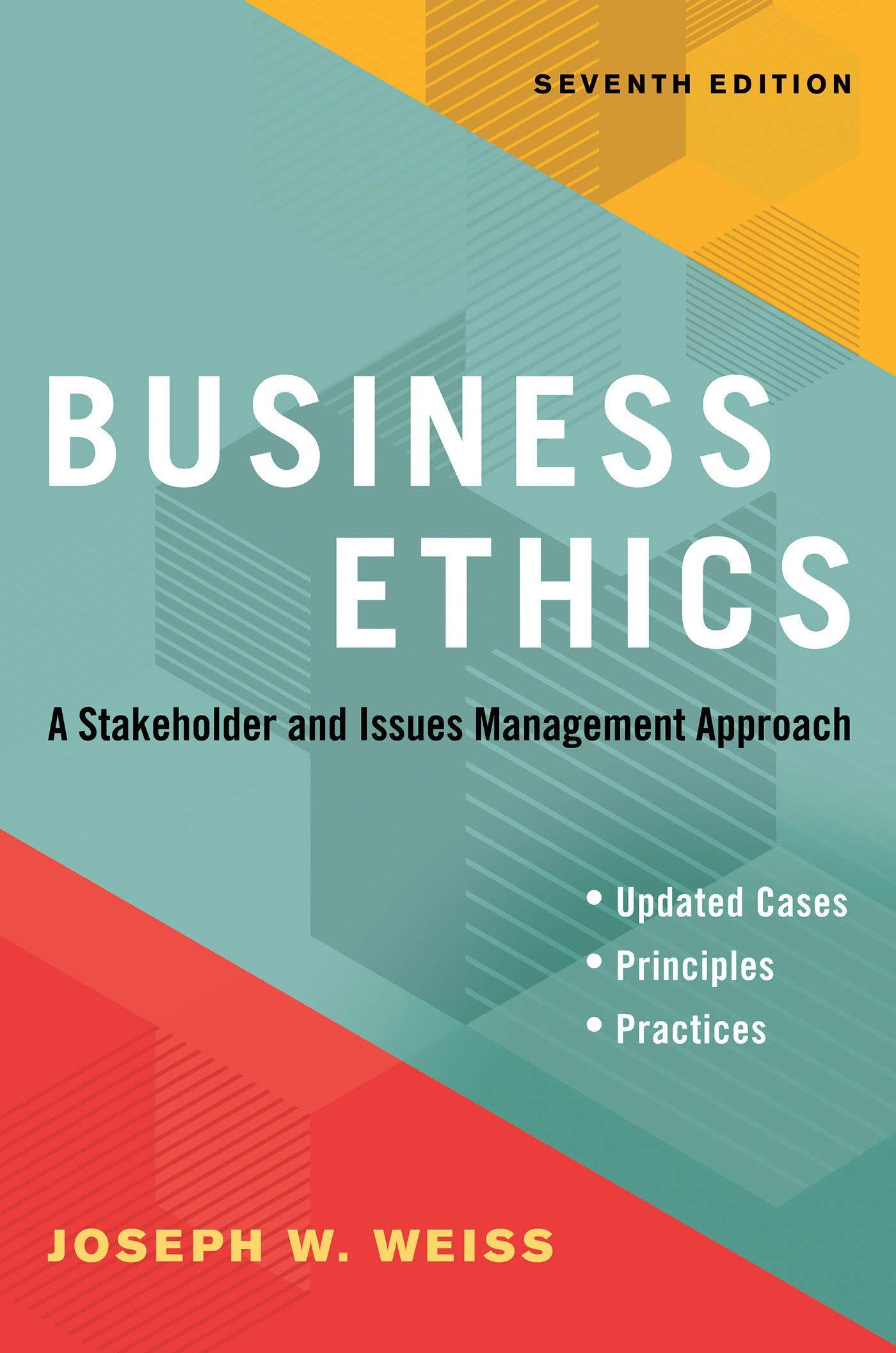Question
1.Madre-Cacao, a 69 year old patient with arteriosclerotic heart disease and diabetes mellitus develops congestive heart failure (CHF). Brought to emergency room (ER) by a
1.Madre-Cacao, a 69 year old patient with arteriosclerotic heart disease and diabetes mellitus develops congestive heart failure (CHF). Brought to emergency room (ER) by a neighbor, she goes into cardiac arrest. There is no family member to give consent for cardiopulmonary resuscitation (CPR). Should Dr. Catoc, the ER physician perform CPR without consent? Discuss.
2.Kubota is a 12 year old boy with acute leukemia. He had chemotherapy, improved and was able to attend school for two years. Leukemia recurred and he failed to respond to treatment. Kubota told his parents that he did not want to be "with a lot of tubes or machines" or a "burden" to his family. A friend he had met at the chemotherapy unit had tubes and machines for many days before dying. Kubota develop bleeding in his lungs and was connected to a respirator. The doctors felt that the respirator would ease his breathing and would probably prolong but not save his life. When sufficiently alert to communicate, Kubota asked to have the respirator removed. Told that it was needed to keep him alive, he still wanted it removed. His parents are adamant insisting that it be kept in place. They claim that they will "do everything" to keep Kubota alive. The doctors are ambivalent about removing it. Should the respirator be removed? His parents disagree and a decision is urgent because all three are suffering. Decide.
3. When does life begin? Justify your answer.
Step by Step Solution
There are 3 Steps involved in it
Step: 1

Get Instant Access to Expert-Tailored Solutions
See step-by-step solutions with expert insights and AI powered tools for academic success
Step: 2

Step: 3

Ace Your Homework with AI
Get the answers you need in no time with our AI-driven, step-by-step assistance
Get Started


